Introduction – Nigeria’s Growing Scientific Demand
Nigeria is on the move! Nigeria is experiencing an uptick in bias towards science, medicine, and technology from Lagos to Abuja to Port Harcourt. University programs are going live, pharmaceutical companies are building research and development cores, and hospitals are enhancing diagnostics. All of this positive advancement presents one great question:
Where do we find reliable laboratory equipment suppliers in Nigeria?
This isn’t just about buying machines. It’s about ensuring the accuracy of experiments, the safety of patients, and the future of Nigeria’s education and research sectors.
The Real Struggles with Laboratory Equipment Supply
Setting up a laboratory in Nigeria is not a walk in the park. Here are the most common obstacles faced by institutions:
1. Dependence on Imports
Almost every major instrument — from centrifuges to stability chambers — is imported. Local manufacturers produce only basic items. That means buyers rely on international shipping, customs clearance, and currency fluctuations.
2. Fake or Substandard Equipment
Markets are filled with products that look authentic but are built with poor materials. They break down quickly, leaving labs stranded.
Case in point: A private university in Lagos invested in microscopes that failed within a year. No warranty, no repair, no replacement. Students lost valuable time in practical classes.
3. Costs & Logistics
Even genuine products can become a headache because of shipping costs, import duties, and delays at Nigerian ports. Add weak after-sales service, and the frustration grows.
This is why universities, hospitals, and pharma companies now prefer certified, experienced exporters who already have a record of serving Nigeria.
Laboratory Equipment Essentials for All Sectors in Nigeria
1) Universities & Colleges
Nigerian universities focus strongly on practical learning tools that will provide students with a solid foundation for a life-science course or discipline. The common needs are:

- Microscopes, typically used by bachelor-of-science biology and medicine students.
- Balances and centrifuges used to perform typical work in physics and chemistry.
- Glassware like beakers, flasks, and test tubes.
- Chemistry kits that provide step-by-step experiments.
These tools help students prepare for high-level research while, at the same time, enriching their classroom demonstrations.
2) Pharmaceutical & Industrial Laboratories
Pharmaceutical and industrial laboratories focused on research and development add a new level of importance in accuracy, and precise instruments are essential in order for laboratories to remain an acceptable laboratory in research and development of drugs or products. Pharmaceutical and industrial laboratories normal needs include:
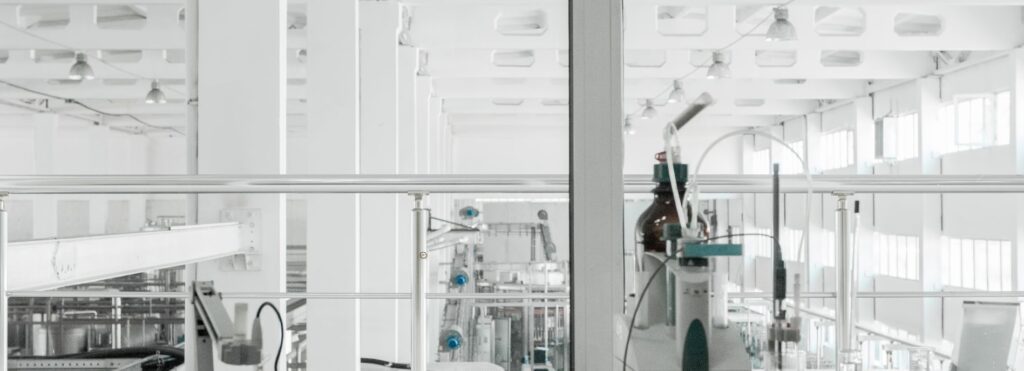
- Dissolution testers used to conduct in vitro analyses of drug-release;
- Stability chambers used to test drugs or products across expanded sets of conditions and shorter delivery times from manufacturers;
- Tablet hardness testers used to validate final film-coating and other finishing processes;
- Ovens and incubators used to provide controlled product testing environments;
For pharmaceutical and industrial laboratories, precision and accuracy cannot be overlooked. Allowing engineering or science researchers to take action based on an unapproved hop, poor practice, or unverified outcome, could lead researchers to misconduct, or negatively impact public or our healthcare systems in some circumstances.
3) Hospitals & Research Facilities
Hospitals and research facilities have their own sets of challenges when it comes to laboratory equipment. Diagnostic and preventative equipment tend to take precedence over testing and experimental equipment. The required equipment should include:
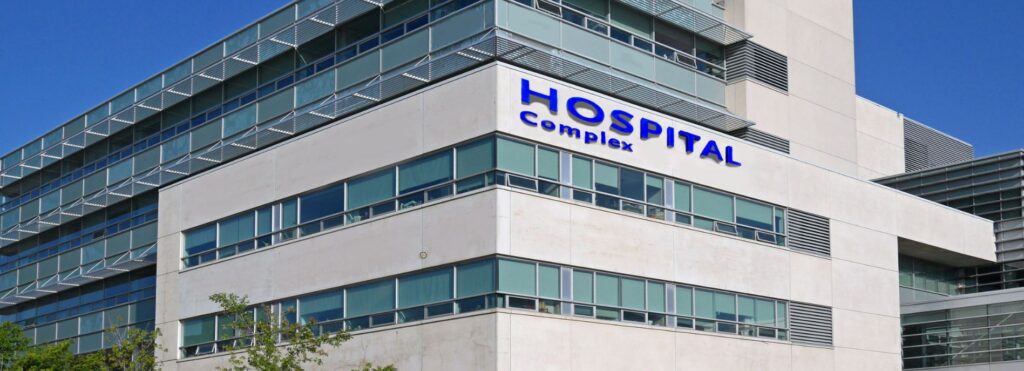
- Autoclaves, to decontaminate surgical and laboratory instruments;
- Hematology analyzers, for blood testing, and reports;
- BSL 1 to BSL 3-compliant biosafety cabinets to handle hazardous samples; and
In addition, diagnostic analyzers that assist physicians and clinical engineers in treatment analysis and diagnostics (diagnostic imaging).
It is therefore easy to see why many organizations and less-commonly educational institutions prefer to work with a reputable Laboratory Equipment Supplier in Nigeria. ls of learning. For researchers, they are the backbone of discovery. For hospitals, they are the lifeline of diagnosis.
How to Choose the Right Supplier
Here’s what Nigerian buyers should prioritize:
- Certifications – Always look for ISO, CE, or FDA approval.
- Product Range – The supplier should cover both basic and advanced instruments.
- After-Sales Service – Spare parts, training, and maintenance support are non-negotiable.
- Nigerian Experience – Exporters who already supply to Nigeria understand customs and delivery challenges.
Key Markets for Lab Equipment in Nigeria
- Lagos: The hub of universities, private colleges, and research labs.
- Abuja: Government agencies, pharma companies, and teaching hospitals.
- Port Harcourt: Industrial labs and oil & gas testing facilities.
Why Nigerian Buyers Trust Indian Exporters
Over the years, India has become the preferred source for Nigerian labs.
- Affordable – Prices are competitive compared to Europe and the U.S.
- Certified – ISO and CE-approved products assure quality.
- Diverse Range – From glassware to advanced pharma testers.
- Trade Links – Nigeria and India have strong commercial ties, making the process smoother.
Why Laboratory Equipment Supply Is a Struggle in Nigeria
Nigeria has the talent, the energy, and the institutions to grow in science and healthcare. But the supply of laboratory equipment often slows this journey. Let’s break down the biggest challenges.
1. Dependence on Imports
Most of the critical instruments used in Nigerian labs are imported. Microscopes, centrifuges, stability chambers, hematology analyzers — very few of these are produced locally. Instead, they are brought in from India, Europe, or China.
This dependence creates two problems:
- High Costs: Foreign exchange rates and shipping fees make equipment expensive.
- Delays: Customs clearance and port congestion often add weeks, sometimes months, to delivery timelines.
For example, a university in Abuja ordered autoclaves for its teaching hospital. The equipment was shipped from Europe, but due to customs delays, it reached six months late. By then, the semester’s practical sessions had already been disrupted.
2. Fake or Low-Grade Equipment
The Nigerian market is full of products that look genuine but are poorly made. These fake instruments may cost less initially, but they fail quickly and compromise results.
Imagine a pharmaceutical lab in Lagos testing drug samples with an unreliable dissolution tester. If the machine provides inconsistent results, the entire R&D process collapses. Not only is money wasted, but the lab also risks its credibility.
Fake products are especially common in smaller markets and among vendors who operate without proper certification. This is why Nigerian institutions are now demanding proof of ISO, CE, or FDA certifications before buying.
3. Costs & Logistics
Even when buyers secure authentic equipment, logistics can still cause trouble. Shipping fees are high, ports are congested, and import duties can push prices beyond budget. To make matters worse, many suppliers don’t offer proper after-sales service.
Take the case of a teaching hospital in Port Harcourt. They imported hematology analyzers from an uncertified vendor. When the machines broke down within a year, no spare parts were available. The hospital had to order replacements at double the cost.
This lack of service support is one of Nigeria’s biggest hurdles. Buying equipment is not just about the purchase — it’s about ensuring maintenance, spare parts, and training.
4. Lack of After-Sales Support
Many Nigerian buyers complain that once the product is delivered, the supplier disappears. When an autoclave needs maintenance or when a centrifuge needs spare parts, nobody shows up.
Without service contracts, laboratories are left stranded. This is why modern
Step-by-Step Guide to Buying Lab Equipment
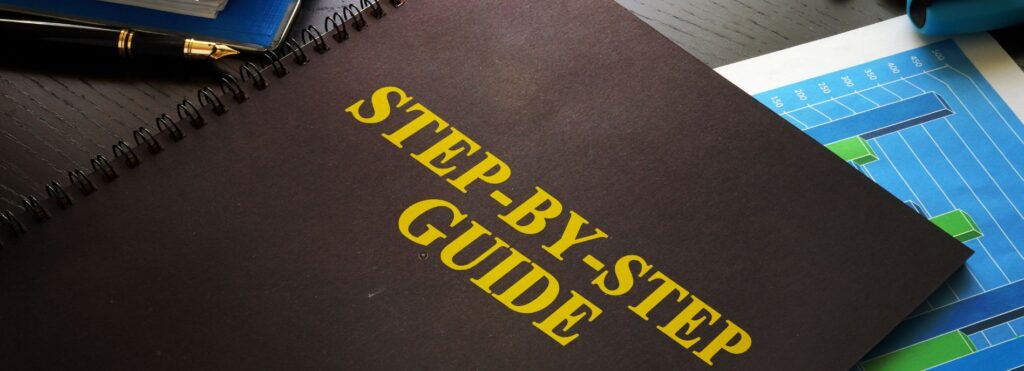
- Do Research – Use trusted directories, trade portals, and official websites.
- Check Certifications – Don’t compromise on quality.
- Request a Catalog – Compare products and specifications.
- Negotiate Clearly – Discuss warranty, shipping time, and training.
- Plan Logistics – Understand customs clearance rules.
- Secure After-Sales Support – Always ask about spare parts and repairs.
Mistakes Nigerian Buyers Must Avoid

- Falling for the cheapest option without checking certification.
- Ignoring warranty terms.
- Ordering without understanding customs rules.
- Buying from unknown dealers with no international presence.
Each of these mistakes has cost Nigerian institutions millions in wasted budgets.
The Future of Laboratory Equipment in Nigeria
The demand is expected to grow rapidly. Why?
- Universities are opening new STEM departments.
- Hospitals are introducing modern diagnostic tools.
- Pharma companies are investing heavily in R&D.
- Government is promoting science and technology education.
This means Nigeria will need thousands of new lab instruments in the coming decade. Suppliers who can provide both quality and service will dominate the market.
FAQs
Q1: What equipment do Nigerian universities buy the most?
Microscopes, chemistry kits, balances, centrifuges, and glassware.
Q2: Can Nigerian institutions import directly from exporters in India?
Yes. Many already do because it ensures lower costs and certified quality.
Q3: How can buyers avoid fake products?
Check for ISO or CE certificates, ask for references, and buy only from exporters with international track records.
Q4: How long does shipping from India to Nigeria take?
Typically 4–8 weeks, depending on customs clearance.
Q5: What after-sales support should buyers demand?
Training, spare parts availability, and quick response maintenance.
Q6: Are there Nigerian-made alternatives?
Local suppliers provide basic glassware, but advanced equipment is still imported.
Q7: Which Nigerian cities have the biggest demand?
Lagos, Abuja, and Port Harcourt remain the top hotspots.
Q8: How important is warranty?
Very. Without warranty, replacement and repair costs can triple budgets.
Conclusion – Building Partnerships for Progress
For Nigeria’s education, health care and research sectors to grow, the laboratory equipment must be dependable. Without quality and accurate tools labs experiment fail, students are unable to learn, and the hospitals will make mistakes.
So selecting reliable laboratory equipment supplier in Nigeria is not only about costs; it is about ensuring the future for scientific Nigeria.
Labix Industries is proud to support Nigeria’s universities, hospitals, and research facilities with ISO-certified laboratory instruments where prices are competitive, plus we provide after-sales service. From Lagos to Abuja, we supply more than just laboratory equipment. We deliver trust, accuracy, and reliability.

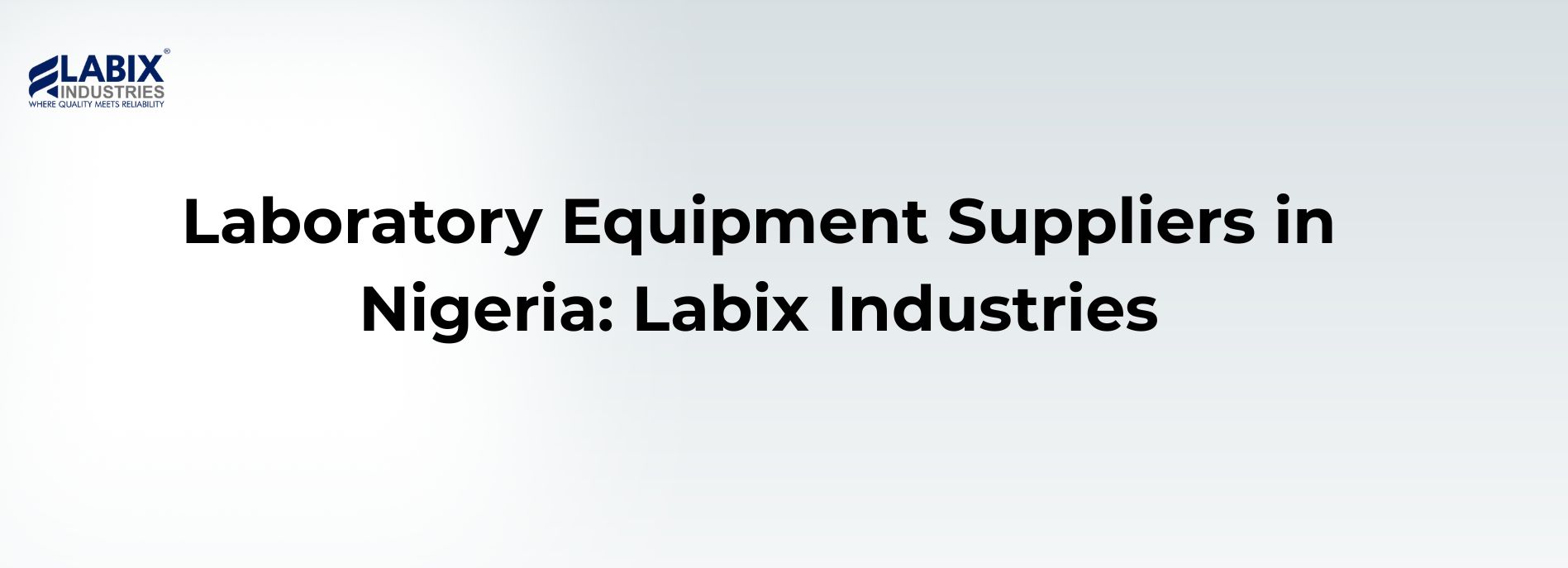

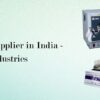
Add comment